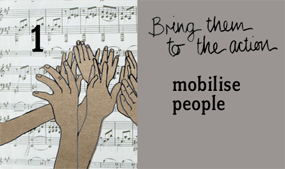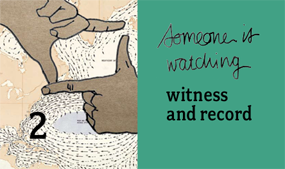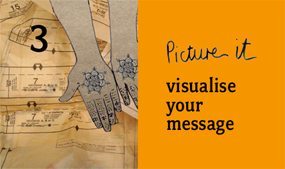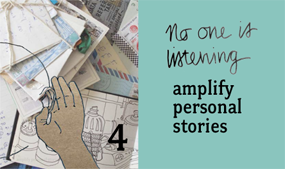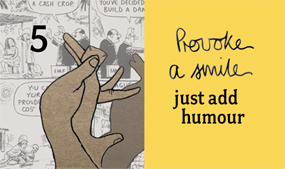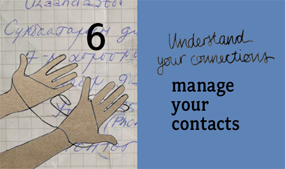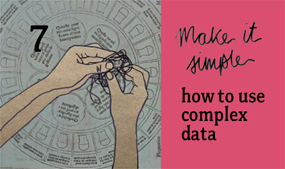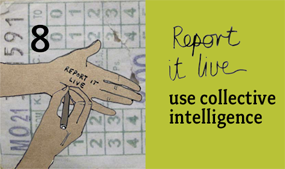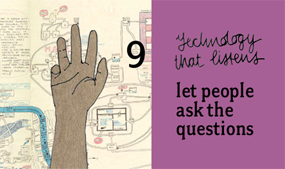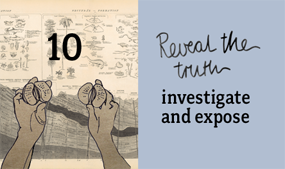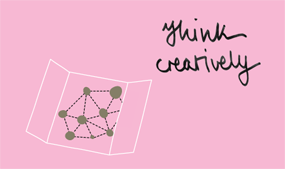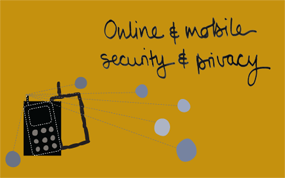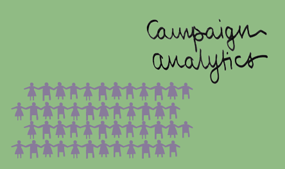A group of Spanish activists who organised a kissing ‘flashmob’ through Facebook to coincide with the Pope's visit to Barcelona recently received worldwide press coverage.
The Queer Kissing Flashmob group invited people through Facebook to attend a peaceful ‘kiss-in’ after the Pope criticised Spain’s tolerance towards gay marriage, divorce and abortion. The group’s Facebook page read "No placards, no flags, no shouting and no slogans. Only kissing allowed."
Organiser Marylene Carole told the Spanish news agency EFE prior to the kiss-in,"When Benedict XVI passes in front of us we will kiss, man-to-man and woman-to-woman. Once the kiss is over we will go on our way as if nothing had happened."

Word spread about the ‘kiss-in’ through blogs and websites before being picked up by the international press. During the Pope’s visit to Barcelona on Sunday November 7th 2010 to consecrate the Sagrada Familia, around 200 gay and lesbian couples lined the Pope’s route and began kissing as the popemobile went by.
Organiser Joan Perez said, “Our protest had a clear objective: to make visible different ways to love that exist in our society. And above all, to make them visible face to face with the representative of an institution whose ideas run against the advocacy of sexual and emotional rights. We believed in the transgressive power of a same sex kiss. It is only showing love, passion and affection, but at the same time it can be a powerful political action. We know that there are other ways to protest, with banners and slogans, but we believed that the sense of ours had to reside in the expression of love.”
Though the attendance was relatively small, the simplicity and originality of the idea attracted widespread attention and support. The Queer Kissing Flashmob was reported on 5 continents, including in countries that surprised the organisers such as Morocco, Ghana, Angola, South Africa, India, and Bangladesh. In the New York Times and the Irish Times, the story eclipsed that of the papal visit itself.
The group decided to act independently and not affiliate itself with an established organisation to increase the collective shared experience and allow people to sympathise and participate without affiliating themselves to a particular cause. Joan said, “We imagined this action to be a different form of active participation in society that does not imply affiliation, long-term commitment or other institutional structures of participation. In our opinion this flexibility made it a more open and inclusive initiative.”
The Facebook page attracted some domestic negative comments and the page was briefly deleted by Facebook staff. Facebook stated this was due to the use of the word ‘queer’ but it quickly reinstated the page as this story also began to attract media attention.
The success of the project introduced the group to the possibilities of using info-activism, as Joan explained, “The main lesson we learned is that there are big possibilities of web communication tools. We can challenge hegemonic figures with very few resources. We had the possibility to visualise practices, raise voices and increase demands that would otherwise remain hidden under the shadow of this kind of figures with big media coverage.”
The group says that in retrospect, they should have been more insistent when dealing with the media that the protest was not exclusively to appeal to gay and lesbians, but to all those “who support the rights of sexual and emotional diversity.” Although post event coverage did not match that of the build up, the group believe their goal of achieving international visibility and sparking a social debate was achieved. Other groups in Santiago de Compostela in Spain and Mexico City were inspired to organise their own kissing flashmob during papal visits and the group has put out a call for the people of Madrid to do the same during the papal visit in 2011.
On their hopes for the future, the group's blog states, "We hope our initiative is the seed of a new form of fighting against the Catholic church's view on different kinds of love, and that whenever the Pope travels, he always finds a 'queer' group kissing alongside the Popemobile's route. It's extraordinary that something so noble as a kiss can be revolutionary in the 21st Century isn't it?"
TOOLS USED: Facebook, posters, video.
REACH: International. The story was picked up by bloggers and websites before being picked up by the international press.
COST: 50€
TIME: Roughly 40 hours.
RESOURCES: 6 people organised the event with the help of 4 occasional volunteers who leant specific skills to design posters, record and edit video and translate texts for the media.
LEVEL OF DIFFICULTY: 2 out of 5. Using basic technology and timing around a big event, Queer Kissing Flashmob garnered worldwide interest and carried out an effective peaceful protest.
LINKS: Queer Kissing Flashmob blog, Facebook page, The Guardian article, South African News
PHOTO: Queer Kissing Flashmob poster campaign



